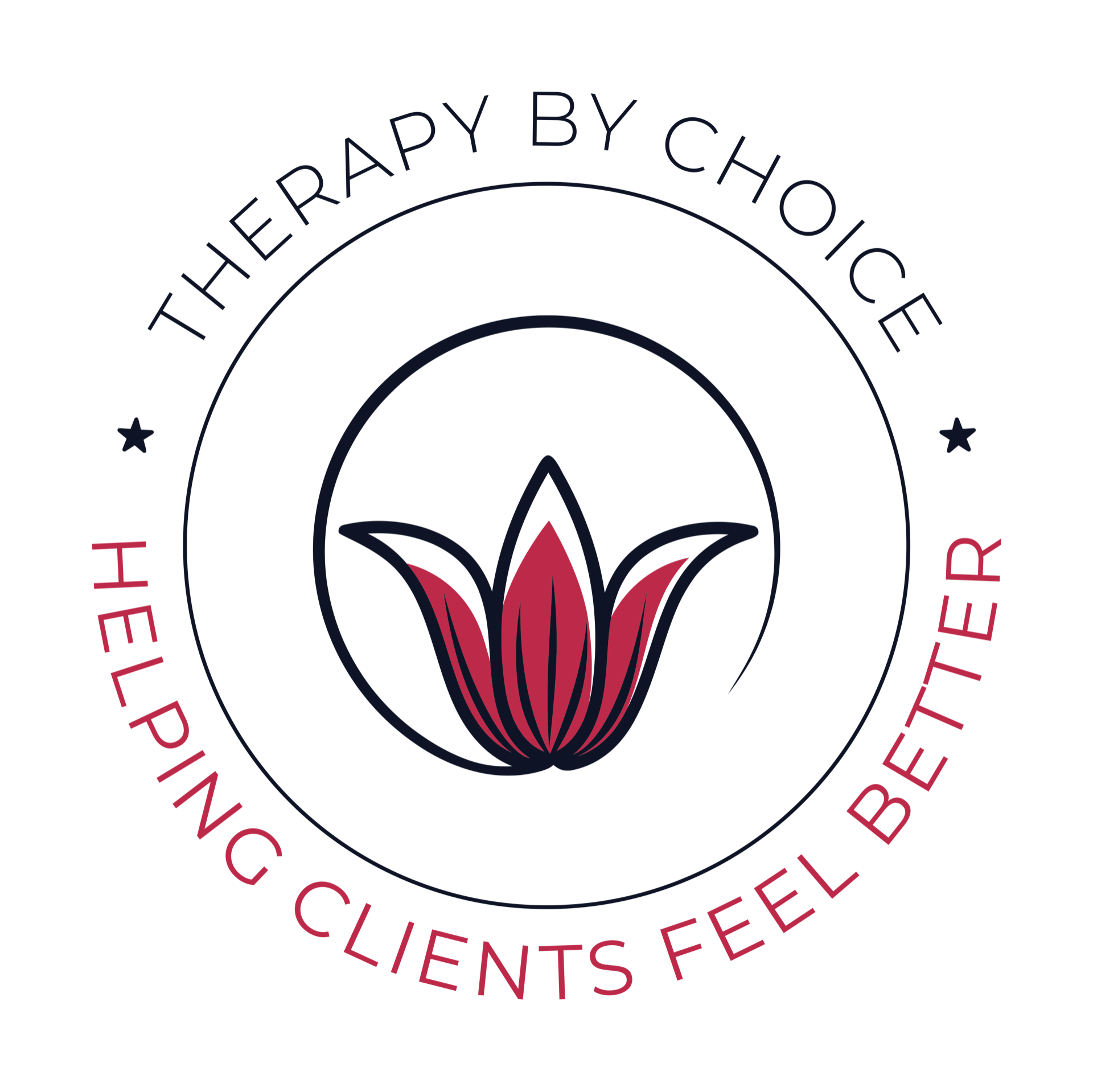
Do you take insurance?
What are your rates?
What are your rates?
15 min Consult Free
Lesli, Irena & Anthony’s Rates
Individual 50 minutes- $190.
Couples 50 minutes- $210.
Leah’s Rates
Individual 50 minutes- $210.
Couples 50 minutes- $240.
What type of payment do we accept and how does payment work?
We accept Visa, Mastercard, American Express, Discover Card or HSA Cards, Check or Cash.
The therapist that you are matched with will send you forms to fill out through email and one of them is a credit card form. At the end of your therapy session the card on file will be automatically charged unless you want to pay check or cash.
Do you offer in-person, online or phone sessions?
Yes, we offer in-person, online or phone session however we prefer in-person. The choice is up to you.
How long do I have to attend?
Typically, people come for 8-12 weeks, some people stay longer, and others can stop after weeks. Visits are once a week until things look and feel better, and we can switch to once every 2 weeks. Your therapist will make a recommendation, but the choice is up to you.
Is there any discount or sliding scale?
We hold two spots for a sliding scale, and they are already full at this point. If they become available, we can let you know.
What are the benefits of me seeing a Marriage & Family Therapist?
People who ask for help know when they need it and have the courage to reach out. Everyone needs help now and then. In our work together, I’ll help you explore and identify your strengths and how to implement them to reduce the influence of the problems you are facing. Marriage & Family Therapists (MFT) are especially trained to include the dynamics of your whole life not just you as an individual but you in different roles mother/father, wife/husband, daughter/son, professional worker and so on.
What’s the difference between talking to you or my best friend or family?
The difference is between someone who can do something, and someone who has the training and experience to do that same thing professionally. A mental health professional can help you approach your situation in a new way– teach you new skills, gain different perspectives, listen to you without judgment or expectations, and help you listen to yourself. Furthermore, counseling is completely confidential. You won’t have to worry about others “knowing my business.” Lastly, if your situation provokes a great deal of negative emotion, and you’ve been confiding in a friend or family member, there is the risk that once you are feeling better you could start avoiding that person so you aren’t reminded of this difficult time in your life.
Why shouldn’t I just take medication?
Medication can be effective but it alone cannot solve all issues. Sometimes medication is needed in conjunction with counseling. Our work together is designed to explore and unpack the problems you are experiencing and expand on your strengths that can help you accomplish your personal goals.
What is Cognitive Behavioral Therapy?
Cognitive Behavioral Therapy, or CBT is a short-term, problem-focused form of behavioral treatment that helps people see the difference between beliefs, thoughts and feelings, and free them from unhelpful patterns of behavior. CBT is grounded in the belief that it is a person’s perception of events – rather than the events themselves – that determines how he or she will feel and act in response. CBT can help with:
- Depression
- Anxiety
- Panic attacks
- Phobias
- Obsessive compulsive disorders (OCD)
- Posttraumatic stress disorder (PTSD)
- Substance dependency
- Persistent pain
- Disordered eating
- Sexual issues
- Anger management issues
Most people with clearly defined behavioral and emotional concerns tend to reap the benefits of CBT. If any of the above issues resonate with you, I encourage you to try cognitive behavioral therapy. With CBT, you’ll be able to adjust the thoughts that directly influence your emotions and behavior. This adjustment process is referred to as cognitive reconstructing, which happens through different CBT techniques. Some CBT techniques are:
- Journalling
- Challenging beliefs
- Relaxation
- Meditation
- Mindfulness
- Social, physical and thinking exercises
Cognitive behavioral therapy is much more than sitting and talking about whatever comes to mind during a session. CBT sessions are structured to ensure that the therapist and the person in treatment are focused on the different goals of each session, which in turn ensures that each and every session is productive. If you or someone you know would benefit from cognitive behavioral therapy, please contact me today. I would be happy to speak with you about how I may be able to help.
What is Emotion-Focused Therapy?
EFT is an approach to therapy treatment based on the premise that our emotions are a key to our identity and a guide for decision making. When we lack awareness of our emotions or avoid unpleasant emotions, we are unable to use the information provided by these emotions. EFT helps individuals To:
- Become more aware of their emotions
- Welcome, allow and regulate emotions
- Describe emotions clearly and in detail
- Evaluate whether the emotions are helpful or hurtful
- Identify the source of unhelpful emotions
- Develop alternative, healthy ways of coping with situations that often elicit hurtful emotions
Unlike other therapeutic approaches, EFT assumes that emotion can be a source of healing and works with specific emotions to increase adaptation.
